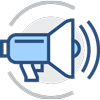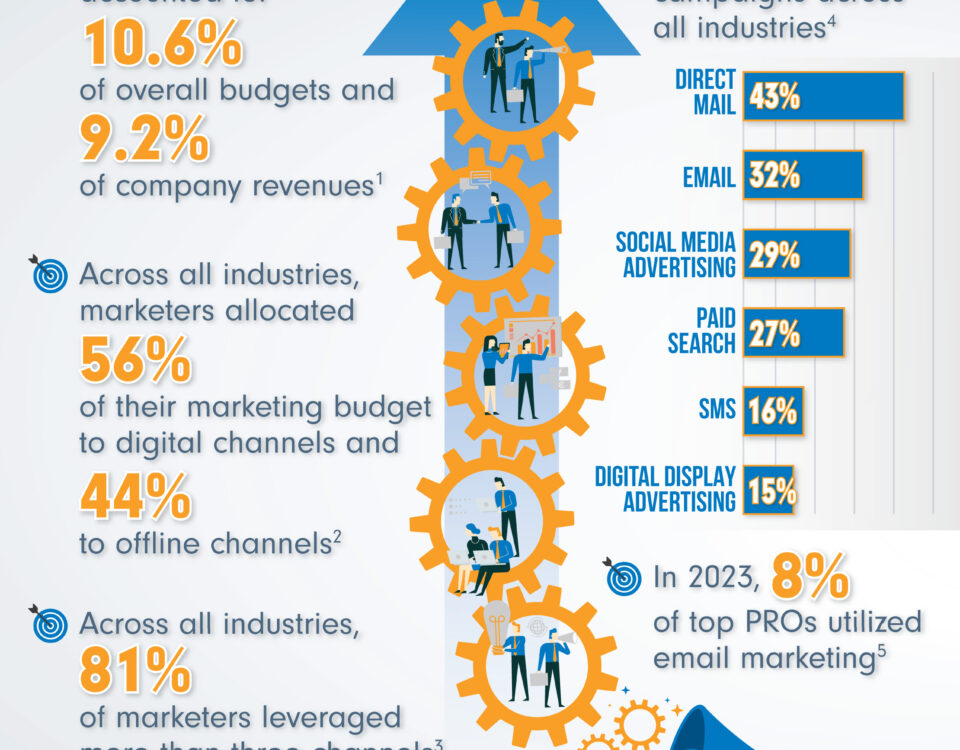
Goals, Challenges & Opportunities for Companies of Various Sizes
May 6, 2024
Pulse of the PROs: Do You Gather Customer Satisfaction Information?
May 20, 2024
Every portable restroom operator wants to improve cash flow. However, the standard monthly or 30-day schedule isn’t always ideal for managing accounts receivable in a rental business. Instead, consider billing on a 28-day cycle, which can significantly enhance your business operations.
Invoicing every four weeks instead of monthly means your company gets paid for weekly service (and gets paid 13 times a year instead of 12). This approach helps PROs manage operational expenses, simplify account reconciliation, and reduce late payments. In this article, explore more benefits of billing on a 28-day cycle and learn how to make this system work.
Shorter Billing Cycles Improve Cash Flow
At first glance, a 28-day billing cycle may not seem that different from 30 or 31 days. However, the impact over time can deliver tangible benefits. With monthly invoicing, you wait an entire month before billing customers and then watch for funds to fill your coffers.
By invoicing clients more frequently, you receive payments at shorter intervals. The quicker turnaround times mean you have more cash to cover operational expenses, from restocking supplies to payroll. It also reduces cash flow fluctuations and prevents bottlenecks.
Reduce Late Payments While Earning Trust
Just like receiving money a few days earlier improves your cash flow, a shorter payment window can encourage customers to pay on time. With a 28-day billing cycle, clients receive the invoice (and late payment reminders) sooner. By decreasing the delay between servicing and invoicing and increasing the sense of urgency, this billing method reduces your DSO (days sales outstanding).
In addition, you earn your customer’s trust by explaining your billing method as a straightforward weekly service (one cleaning per week). Then, you bill them every four weeks (or 28 days).
Get the JohnTalk “ALL-ACCESS PASS” & become a member for FREE!
Benefits Include: Subscription to JohnTalk Digital & Print Newsletters • JohnTalk Vault In-Depth Content • Full Access to the JohnTalk Classifieds & Ask a PRO Forum
Better Financial Planning with 28-Day Billing Cycles
The long-term success of your portable restroom business relies on your ability to capitalize on opportunities and navigate challenges. Yet, it would help if you had accurate financial records and forecasts to make decisions.
Here’s how 28-day billing cycles improve your financial planning processes:
- Decision-making: You can see granular financial data sooner with a faster feedback loop. The shorter timeframe offers more data points than a monthly billing period, which increases the accuracy of financial forecasts and trend reports.
- Debt management: Since most debts require monthly payments, a shorter billing cycle can help you meet these obligations. The improved cash flow and steady revenue stream may allow you to reduce interest costs on lines of credit or loans and ensure timely payments.
- Strategic pricing: 28-day billing cycles provide additional pricing flexibility for seasonal and short-term rentals. You can optimize revenue by adjusting your prices or services based on demand.
- Accounting process: Since transactions occur more frequently, your accountant can identify and fix issues quickly. They’ll process fewer transactions per billing cycle, which can improve their accuracy and attention to detail.
Enhance Your Accounts Receivable Management
A quicker turnaround time helps PROs keep their company running smoothly. A 28-day billing cycle leads to faster reconciliation, cash flow improvements, and reduced DSO. Switching from monthly to weekly billing is an adjustment for a company. Your financial reporting, invoicing dates, and customer instructions must change. But your portable restroom company will benefit once you get the hang of it.
Looking to Take Your Portable Restroom Business to the NEXT LEVEL? Download our FREE Guide: “Your Guide to Operating A Portable Restroom Business.”
Thinking About GETTING INTO the Portable Restroom Industry? Download our FREE Guide: “Your Guide to Starting A Portable Restroom Business.”





